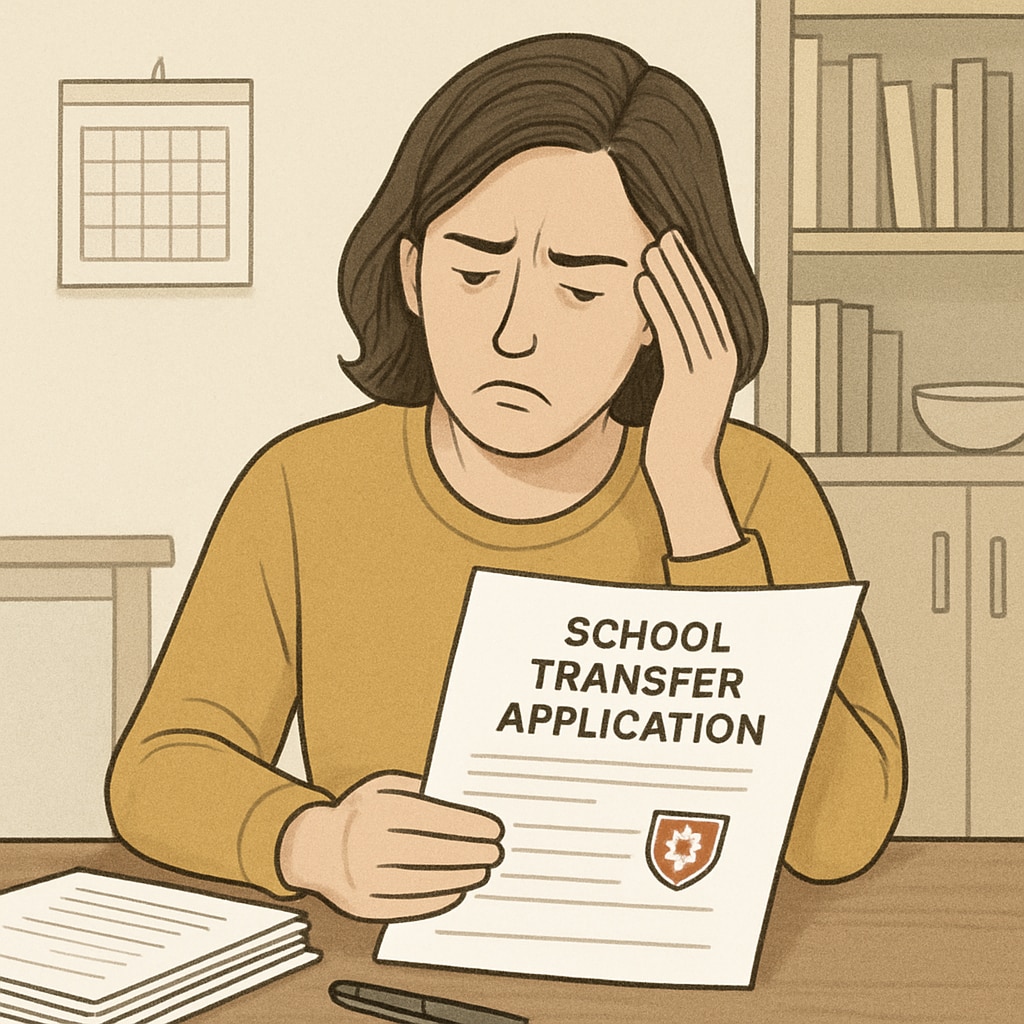In the UK education system, special needs students often face significant barriers when transferring between schools. Issues such as delayed transfer applications, inadequate mental health support, and prolonged waits for ADHD/autism evaluations highlight the failure of education authorities to fulfill their legal responsibilities. These delays can leave vulnerable children without access to education for months, exacerbating their challenges and violating their fundamental rights.

Understanding the Consequences of Delayed School Transfers
Delayed school transfers can have far-reaching consequences for students with special educational needs. For instance, children diagnosed with ADHD or autism often require tailored learning environments to thrive. However, when their transfer applications are delayed, they are left in limbo, unable to access the necessary support structures. This prolonged absence from school not only disrupts their academic progress but also impacts their mental health, leading to increased anxiety and feelings of isolation.
According to a report by Wikipedia on ADHD, early intervention is crucial for managing symptoms and ensuring children can participate effectively in classroom settings. When education authorities fail to expedite these transfers, they hinder this essential intervention.
Education Authorities and Their Legal Responsibility
Under UK law, education authorities are obligated to ensure all children have access to appropriate schooling. Yet, many special needs students experience months-long delays due to bureaucratic inefficiencies or miscommunication between schools and local councils. These failures highlight systemic issues in the education system that disproportionately affect vulnerable populations.
For example, the process of conducting ADHD/autism evaluations can take months, leaving families struggling to secure the appropriate accommodations for their children. The lack of responsiveness from educational institutions further compounds this issue. As a result, parents often resort to legal action to ensure their child’s rights are upheld—a costly and exhausting ordeal.

What Needs to Change?
To address these challenges, several key reforms must be implemented:
- Streamlined Transfer Processes: Education authorities should prioritize the swift handling of transfer applications, particularly for students with special needs.
- Increased Resources for Evaluations: More funding and staffing are needed to reduce wait times for ADHD/autism assessments.
- Enhanced Communication: Schools and local councils must improve their coordination to ensure timely placement for students.
- Accountability Measures: Authorities should face penalties for failing to meet legal obligations regarding special needs education.
These changes would not only prevent prolonged absences but also ensure that every child has equal access to education, regardless of their specific needs.
Conclusion: Advocating for Forgotten Rights
The prolonged absence from school faced by special needs students due to delayed transfer applications is a glaring failure of the UK education system. This issue demands immediate attention and action from policymakers, educators, and local authorities. By implementing reforms and holding decision-makers accountable, we can create a more inclusive and efficient system that guarantees every child’s right to education.
For more information on improving special needs education, see special education on Britannica.
Readability guidance: This article uses concise paragraphs, lists to summarize key points, and ensures that technical terms are explained for clarity. The active voice is emphasized throughout to make the content engaging and accessible.


